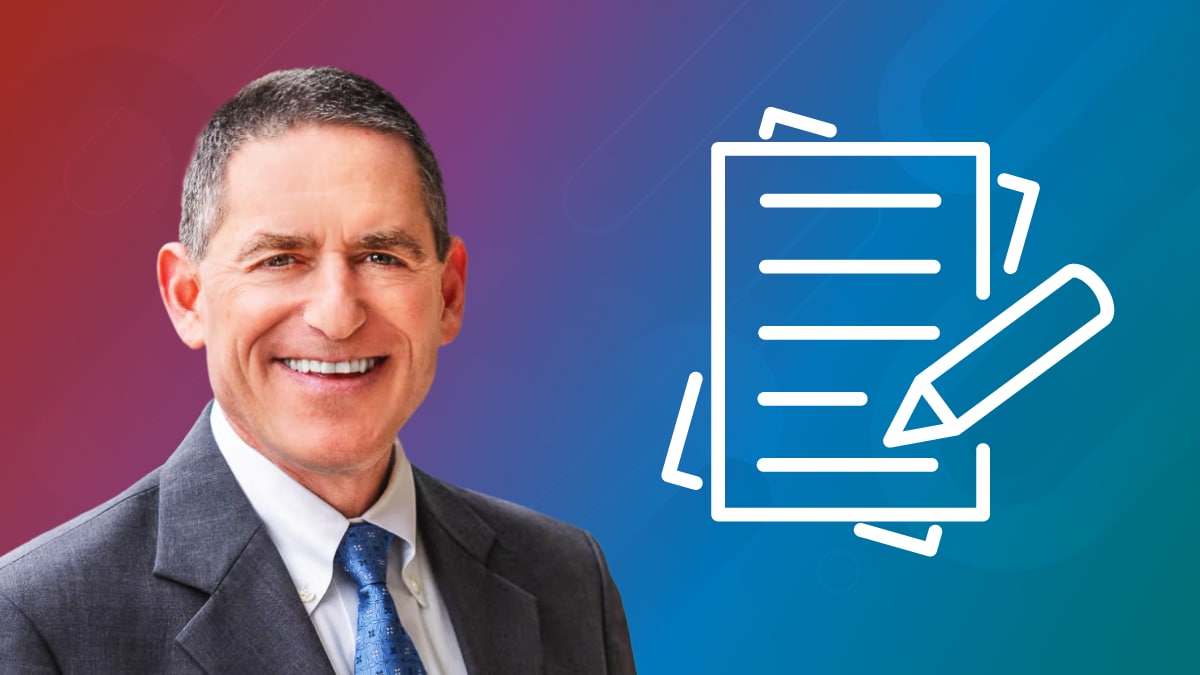At a glance
National Black HIV/AIDS Awareness Day, a day to highlight the progress of HIV testing, prevention, and treatment efforts and consider our ongoing challenges to preventing HIV transmission among Black or African American people (hereafter referred to as Black people) in the United States. This year's theme, Engage, Educate, Empower: Uniting to End HIV/AIDS in Black Communities.

Dear Colleague
February 7 is National Black HIV/AIDS Awareness Day (NBHAAD), a day to highlight the progress of HIV testing, prevention, and treatment efforts and consider our ongoing challenges to preventing HIV transmission among Black or African American people (hereafter referred to as Black people) in the United States. This year's theme, Engage, Educate, Empower: Uniting to End HIV/AIDS in Black Communities, emphasizes the role we each play in ending HIV and inspires us to challenge the racism, homophobia, poverty, stigma, and other socioeconomic factors that continue to drive health disparities and create barriers to HIV testing, prevention, and care services in Black communities.
Some progress has been made in reducing new HIV infections among Black people. From 2017 to 2021, estimated new HIV infections decreased by 14% among Black people overall in the United States. More work remains, however, to address significant ongoing health disparities. In 2021, Black people accounted for 12% of the population, but 40% (13,000) of the 32,100 estimated new HIV infections in the United States. Black gay and bisexual men are the group most affected by HIV, accounting for 37% (8,330) of estimated new infections among all gay and bisexual men. Black women are also disproportionately affected by HIV, making up 52% (3,200) of estimated new infections among all women. Intersecting racial and economic factors continue to create structural barriers to HIV prevention and treatment in Black communities. Although dismantling these barriers and the systems that sustain them is never easy, each one of us can work to address stigma and racism within our institutions and communities and look for ways to ensure Black people have access to HIV testing and prevention services, as well as compassionate, patient-centered, stigma-free HIV care.
This NBHAAD, we want to thank our colleagues and community partners for working tirelessly to eliminate racial and ethnic disparities in HIV. We recognize that community-led solutions are the key to achieving true equity in HIV testing, prevention, and treatment. We're grateful for your partnership as we continue this work together to engage, educate, and empower Black communities. Help us promote NBHAAD by downloading and sharing resources from CDC's Let's Stop HIV Together campaign, the national campaign of both the Ending the HIV Epidemic in the U.S. initiative and the National HIV/AIDS Strategy. Let's Stop HIV Together is an evidence-based campaign created in English and Spanish that aims to empower communities, partners, and health care providers to reduce HIV stigma and promote HIV testing, prevention, and treatment. Support our efforts to make HIV testing free and accessible to people disproportionately affected by HIV by sharing Together TakeMeHome with your colleagues, networks, and communities. You can also share social media content from CDC's digital toolkit using the #NBHAAD and #StopHIVTogether hashtags. Together, we can engage Black communities, educate more people about HIV prevention, and empower each other to end the HIV epidemic in Black communities in the United States.
Sincerely,
/Robyn Fanfair/
Robyn Neblett Fanfair, MD, MPH
CAPT, USPHS
Acting Division Director
Division of HIV Prevention
National Center for HIV, Viral Hepatitis, STD, and TB Prevention
Centers for Disease Control and Prevention
www.cdc.gov/hiv
/Jonathan Mermin/
Jonathan H. Mermin, MD, MPH
RADM and Assistant Surgeon General, USPHS
Director
National Center for HIV, Viral Hepatitis, STD, and TB Prevention
Centers for Disease Control and Prevention
Stay connected: @DrMerminCDC & Connections
